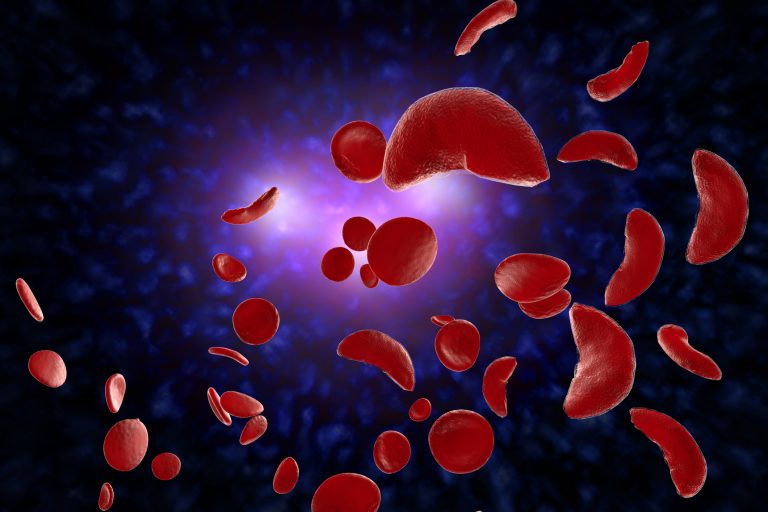
Under a new, expanded agreement, rare disease diagnostic company Centogene will provide genetic testing and clinical trial support for three global, pivotal trials of Agios Pharmaceuticals’ PK activator in thalassemia and sickle cell disease. Agios is a leader in the field of cellular metabolism for developing treatments for genetically defined diseases. Centogene is a pioneer in using multiomics to diagnose and understand rare diseases.
The companies signed a three-year fee-for-service agreement. Agios will be coordinating and bearing the costs for the programs. This collaboration will offer patients access to genetic testing to help identify causative mutations, including HBA1, HBA2, and HBB genes. The trials will enroll patients in all the major markets. Samples will be collected using Centogene’s proprietary CentoCard for dried blood spot analysis.
Under a previous agreement, Centogene provided support for Agios’ pyruvate kinase (PK) deficiency clinical program. Agios’s PKR activator, Mitapivat, is now being tested in several early- and late-stage trials.
A key asset to the partnership is Centogene’s rare disease-centric Bio/Databank.
“With our globally leading Bio/Databank of rare diseases, we are the partner of choice in discovery and development of rare disease treatments. Our data-driven insights enable both acceleration and de-risking of clinical trials,” said Andrin Oswald, M.D., Chief Executive Officer at Centogene.
He added that, “combining both Centogene’s expertise in genetics and unique global insights will lead to a better understanding of the disease biology of those rare diseases. This partnership will support the advancement of Agios’ first-in-class PK activator as a potential therapy for thalassemia and sickle cell disease, two under-served patient communities in need of new treatment options.”
“As we look ahead to initiating three global, pivotal trials in thalassemia and sickle cell disease by the end of the year, we are pleased to expand our partnership with Centogene to better understand the underlying genetics of patients in our studies and the potential impact of our investigational medicine,” said Sarah Gheuens, M.D., Ph.D., Chief Medical Officer at Agios.
In its press release, Centogene says this agreement represents another significant milestone for the company’s mission to enable the cure of 100 rare diseases within the next 10 years. To learn more, visit: https://www.centogene.com/virtual-investor-event
Thalassemia is an inherited blood disorder, affecting approximately 18,000-23,000 people in the U.S. and France, Germany, Italy, Spain, and the United Kingdom (“EU5”), with many more in other parts of the world. The inherited mutations in hemoglobin genes cause the body to produce less hemoglobin than normal, which is essential in enabling red blood cells to carry oxygen, resulting in severe anemia and related complications. There are two types of thalassemia, beta and alpha. Both present in an autosomal recessive manner, and approximately 5% of the global population has a mutation in the beta or alpha globin genes.
There have been recent therapeutic advances for beta-thalassemia, but there are no approved treatments for alpha-thalassemia.
Sickle cell disease is an inherited red blood cell disorder, with approximately 120,000-135,000 people in the U.S. and Europe affected, with many more in other parts of the world. Sickle cell disease is caused by the presence of a mutated form of hemoglobin, which blocks off blood vessels. As a result, blood is unable to properly flow, which can lead to severe pain and organ damage.
Sickle cell disease is associated with serious complications, including infection, acute chest syndrome and stroke, and can result in shortened life expectancy. There are treatment options, however, patients continue to suffer from acute and chronic pain as well as serious complications.













